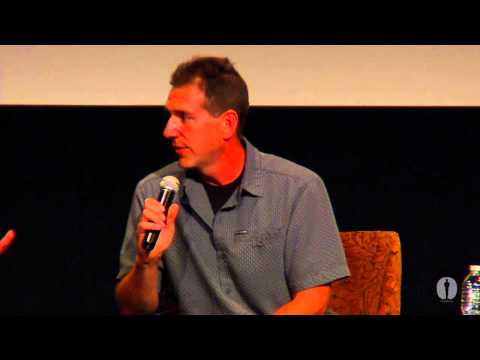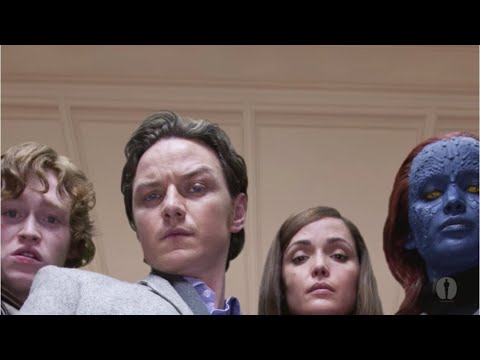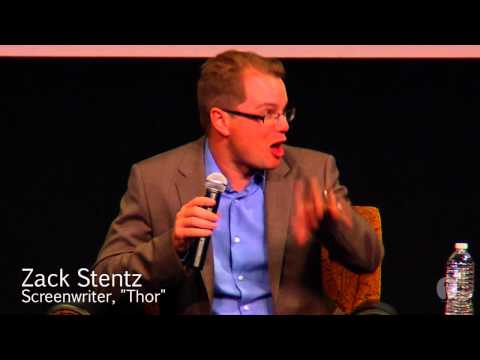
Samuel Goldwyn Theatre
8949 Wilshire Blvd
Beverly Hills, CA, 90211
PRESENTED BY THE ACADEMY'S SCIENCE AND TECHNOLOGY COUNCIL
HOSTED BY ADAM WEINER
Ever fantasized about being a superhero? Wondered whether it’s really possible to build a suit like Iron Man’s, or what you’d have to do to become a real-life Batman? Do you think gamma radiation could really create an Incredible Hulk?
Adam Weiner hosted an evening that explored the "real" physics behind many of your favorite superheroes by connecting the actual science to the superhero fantasy.
His interactive presentation analyzed how the fundamental laws of physics are used, misused and manipulated by our favorite superheroes.
Taking scenes from "Superman" (1978), "Spider-Man" (2002), "The Hulk" (2003), "Spider-Man 3" (2007), "Hancock" (2008), "Iron Man" (2008), "The Dark Knight" (2008), "X-Men: First Class" (2011) and "Thor" (2011), the program demonstrated how the fictional world of Hollywood movies is also an effective and fascinating springboard into investigating science.
The evening included conversations with some of the films' creative teams, who revealed how many of the scenes were created. Scientists were also on hand to offer their unique perspectives on the intersection between superhero fiction and current scientific research.
Adam Weiner, author of Don't Try This at Home! The Physics of Hollywood Movies, currently teaches physics at The Bishop's School, a private high school in La Jolla, California.
Panelists:
E. Paul Zehr – author, professor and director, Centre for Biomedical Research at the University of Victoria
Spencer Cook – lead animator (SPIDER-MAN), animation supervisor (SPIDER-MAN 3)
Sean Carroll – author and senior research associate in physics at Caltech, and science advisor on THOR
Zack Stentz – screenwriter (THOR, X-MEN: FIRST CLASS)




